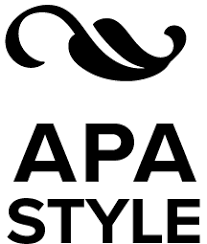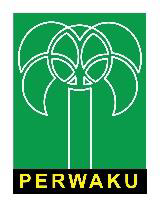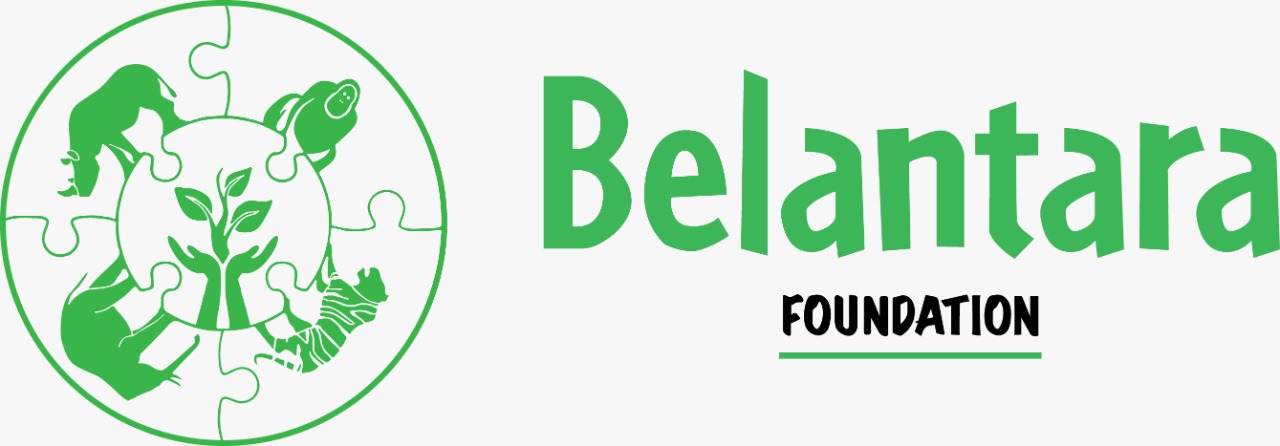The role of the academic community in combating wildlife trafficking
Abstract
In Indonesia, the value of the illegal trade in wildlife reaches more than US one million per year. Apart from being a source country, Indonesia also has a significantly growing home market for illegally traded wildlife as pets, skins, and medicines.The illegal wildlife trade uses various modus operandi, directed by organized criminal groups and carried out by a variety of perpetrators on the ground, often very poor locals from rural communities. Whilst this trading activity is a transnational crime, that is, across national and continental borders, and may use the same supply routes usually associated with other crimes such as weapons, drugs and people trafficking, it is usually only the poachers on the ground who are caught and prosecuted. In summary, universities and their researchers have a significant role in the fight against the illegal and unsustainable wildlife trade, in monitoring wildlife populations and poaching activity, and in changing people's behavior, so that the activities of hunting, trading, or owning protected wildlife become unattractive and unacceptable to all communities. This role draws on disciplines across the sciences, social sciences, arts, and humanities, encouraging those interdisciplinary behaviours so important for effective environmental management that delivers for the long-term health and well-being of people.
Keywords
DOI: 10.33751/injast.v3i2.6302
 Abstract views : 378
Abstract views : 378
Refbacks
- There are currently no refbacks.
Copyright (c) 2022 Indonesian Journal of Applied Environmental Studies

This work is licensed under a Creative Commons Attribution-NonCommercial-ShareAlike 4.0 International License.













